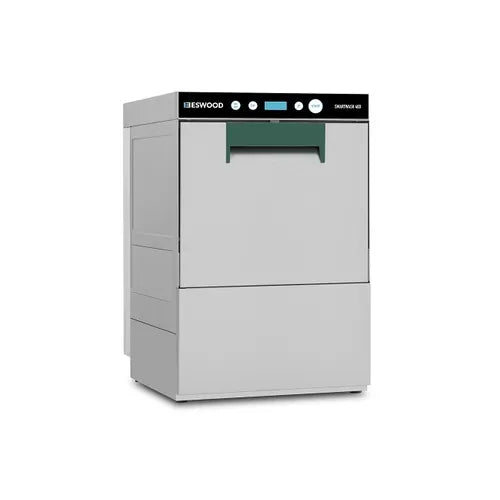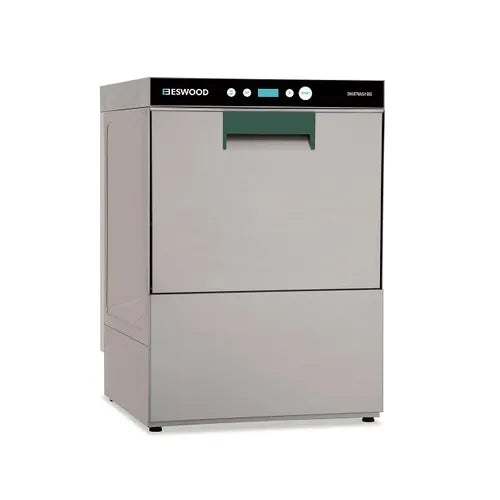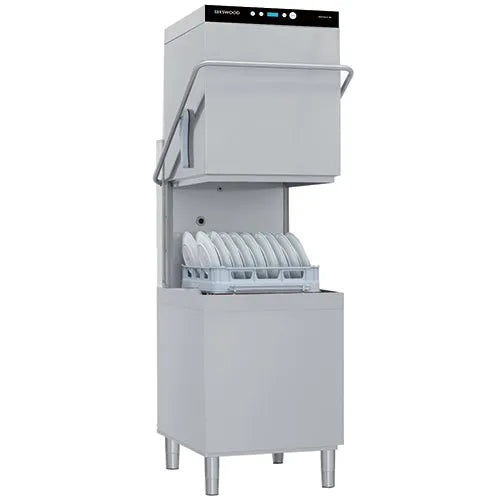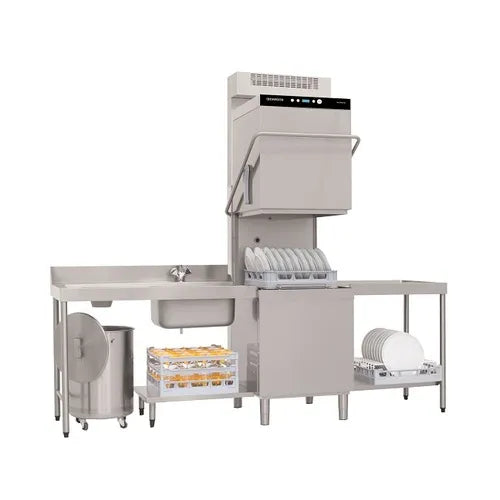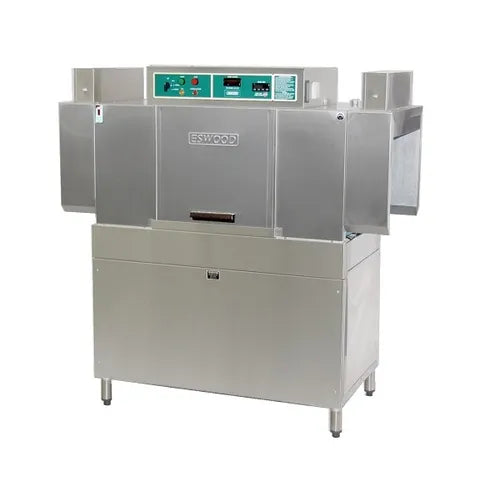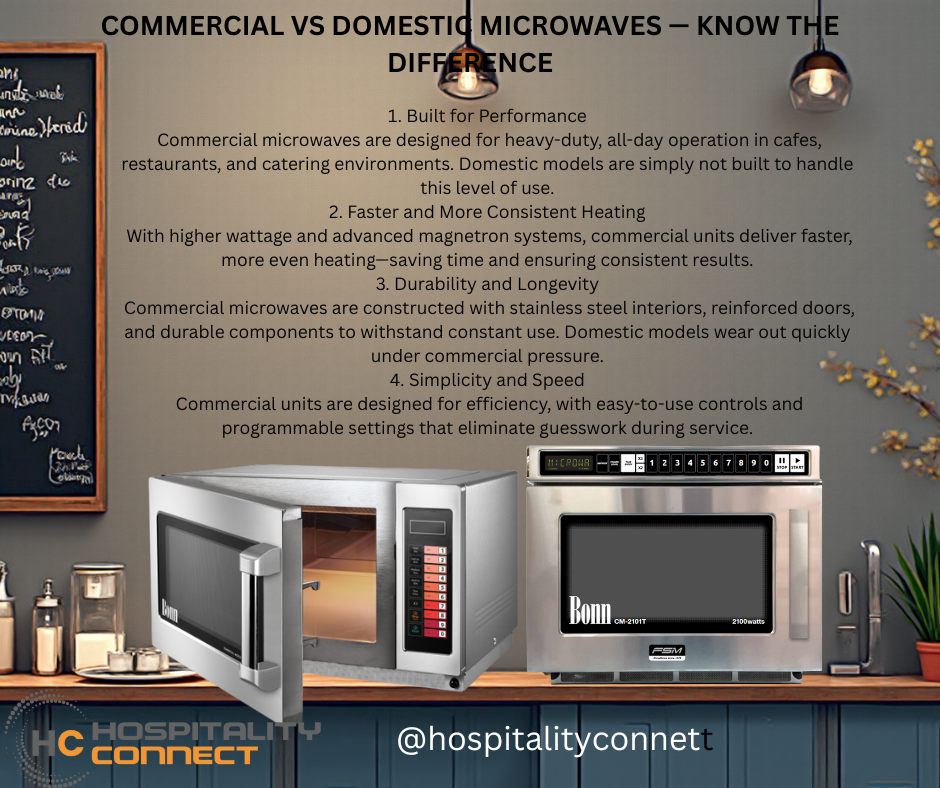If you love to cook like a professional chef, you might have thought about upgrading your kitchen with commercial cooking equipment. But before you install a restaurant-grade range or fryer at home, it’s important to understand the benefits and challenges.
So, can you put commercial cooking equipment in your house?
The short answer is yes — but it’s not as simple as swapping out a regular stove.
Things to Consider Before Installing Commercial Cooking Equipment at Home
1.
Building Codes and Regulations
Commercial cooking appliances often require special ventilation systems, fire suppression equipment, and electrical or gas upgrades to meet safety standards.
Before installing, you’ll need to check:
- Local building codes and zoning laws
- Fire safety regulations
- Home insurance requirements
Skipping this step could lead to fines, insurance issues, or even voided coverage.
2.
Ventilation Requirements
Commercial equipment generates more heat, smoke, and grease than domestic kitchen appliances.
You’ll likely need a heavy-duty ventilation system (like a commercial-grade hood) to safely remove smoke and odors. A standard residential vent won’t be enough.
3.
Power and Gas Supply
Professional ranges, ovens, and fryers often require:
- Higher electrical voltages (like 208V or 240V instead of standard 120V)
- Stronger gas lines or different connections
You may need to hire an electrician or plumber to upgrade your home’s infrastructure.
4.
Space and Weight
Commercial appliances are larger, heavier, and bulkier than residential versions.
Make sure you have:
- Enough space for the equipment (and room to work safely around it)
- Flooring that can support the extra weight
- Wide enough doors and halls for installation
5.
Noise and Heat
Commercial kitchens are noisy and hot — and professional equipment is designed for performance, not for quiet home comfort.
Expect:
- Louder operation
- More ambient heat in your kitchen
- Potential wear on your home’s HVAC system
6.
Warranty and Support
Some commercial equipment warranties are voided if installed in a residential setting.
Be sure to check the fine print before buying and installing.
Pros and Cons of Using Commercial Cooking Equipment at Home
Pros:
- Superior performance and durability
- Larger capacity for cooking big meals
- Professional-grade features for serious chefs
Cons:
- High installation and maintenance costs
- Requires major upgrades to home systems
- Louder, hotter, and more demanding to operate
Final Verdict: Is Commercial Kitchen Equipment Right for Your Home?
If you’re an experienced cook and ready to invest in upgrades, adding commercial equipment to your home kitchen can be an incredible upgrade.
However, you’ll need to plan carefully, budget for installation, and comply with local regulations to make it safe and functional.


